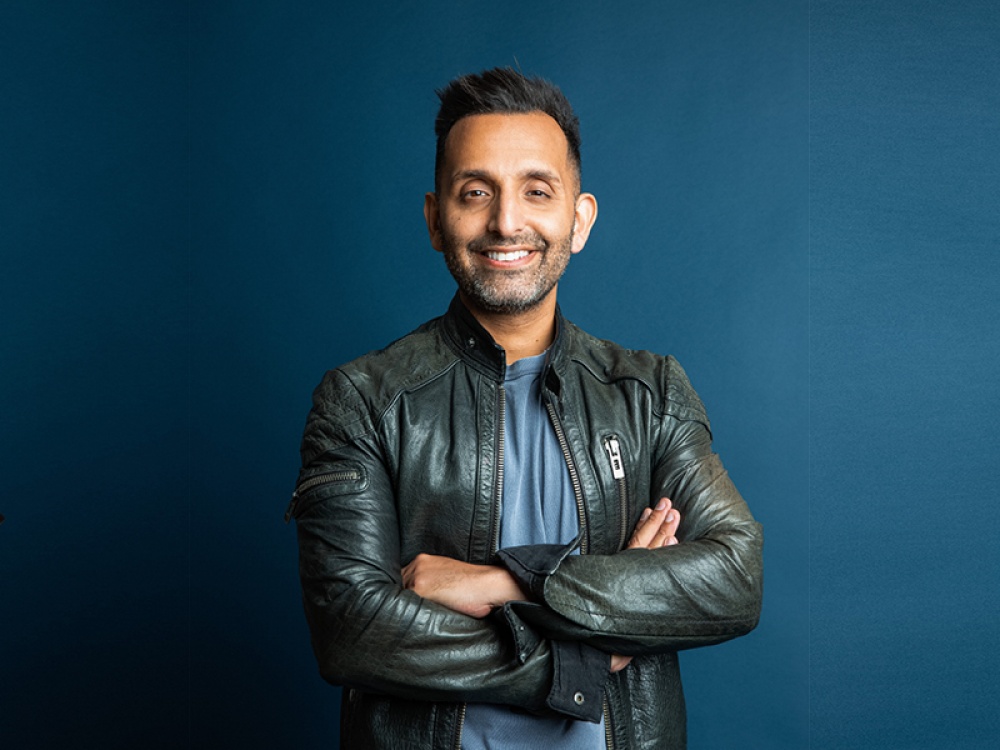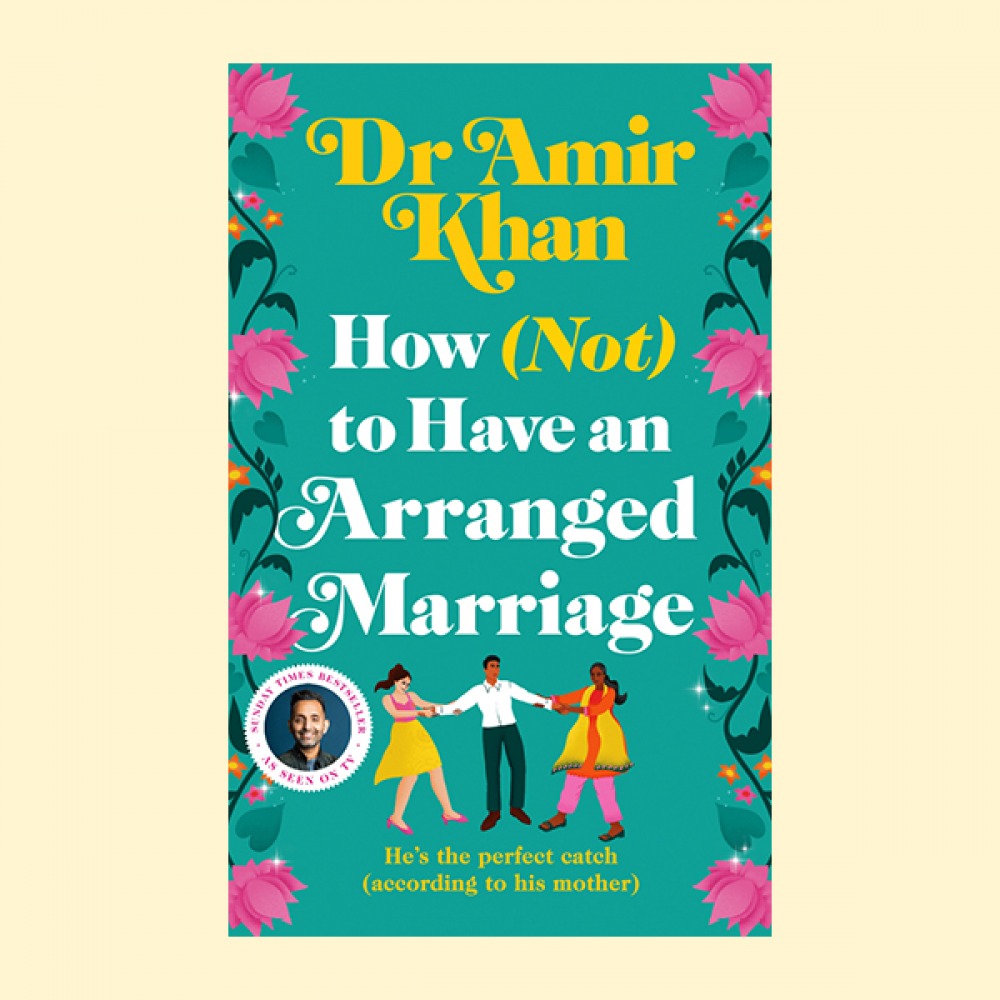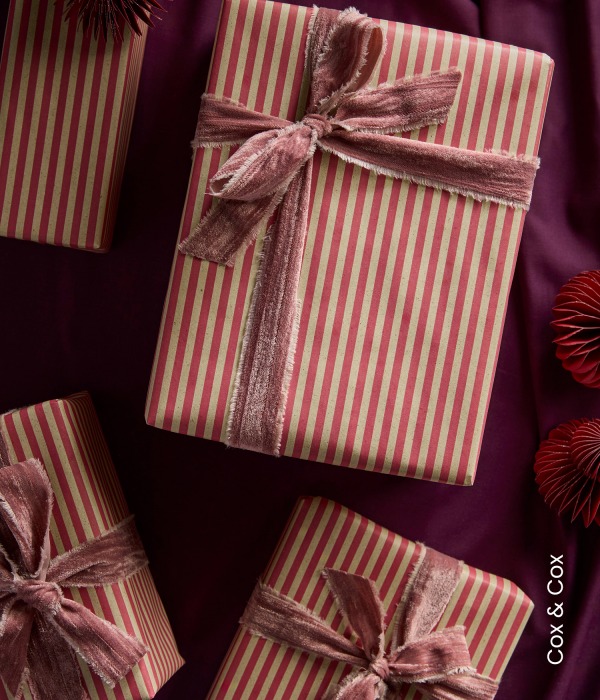TV's Dr Amir Khan Shares The Truth About Arranged Marriages

TV star and GP Dr Amir Khan, from Bradford, has released his debut novel following the adventures of a young Muslim student doctor as he is torn between his traditional family and his heart
Tell us about growing up in Bradford.
I live in Leeds but I grew up in inner city Bradford, and I still work there. I grew up in a semi-detached house with nine of us spread across three bedrooms, which was actually quite good fun. Me and my little sister shared a room with my mum and dad up until the age of six and then we moved to Shipley, where we could share a room without our parents! That was a revelation really! My dad was a bus driver, my mum was a social worker and I’ve got six sisters – it was a really busy household. Between my youngest sister and my eldest sister there’s a 15-year age gap which felt like a lot when we were younger, but now it doesn’t feel like anything at all. It was a fun household with lots of family friends constantly in and out. We don’t have any other family here in the UK so our family friends from Pakistan and India really became our extended family. Every night someone would be at our house or we’d be going to theirs to spend time together.
What’s it like working in inner city Bradford now?
I’ve worked in Bradford for maybe 13 years now. It’s nice working in a city that you’re from because you feel like you have a connection with the patients. For example, when they refer to things locally, you know exactly what they’re talking about. Where I work in BD7 it’s a socially-deprived area, similar to where I grew up, so I understand how social inequalities effect people’s health. I feel like I can talk authentically to them about it.
Read More: Why Acclaimed Author S.G. MacLean is so Inspired by York

What have been some of your biggest achievements?
As well as being a GP, I’m a senior lecturer at both Bradford and Leeds universities which takes up a lot of my time, and I also train GPs and have been doing that for 10 years. That’s something I really enjoy. In fact, a lot of the GPs in Bradford have been trained by me. It’s nice to see them flourishing in their own surgeries. I think that’s probably my biggest achievement – seeing these GPs making a difference in our city.
Can you tell us how you got into working in TV?
It was never meant to happen! It happened accidentally through a show called GPs: Behind Closed Doors on Channel 5 around five years ago. They came to our surgery in Bradford. They wanted to film in a big surgery, and they wanted to come up North. They filmed for the best part of a year and a half. I know my patients really well and I think that came across on TV and the stories that were told in my consultations surrounded some quite serious issues, and I think people connected with that when they were watching the show. That led to other things. ITV approached me asking if I wanted to work on Lorraine and I thought ‘gosh, I’m just a lad from Bradford, but yeah go on then!’ I’m so glad I did!
Tell us about The Doctor Will See You Now.
I wrote this book around three years ago. It’s a memoir of GP stories. I never thought I would be a writer. My now-agent contacted me and asked me if I’d thought about writing and I was like ‘no thanks! I don’t have time’. But she was very persistent and so I had a phone call with her and she asked me to write an interesting story that happened in the practice. I did that and it was a funny one and she really liked it, so she asked me to write a serious one. Without me even realising, we soon had a series of short stories that we then connected and made into this book. I wasn’t really expecting the book to go anywhere, I thought “who’s going to read that?” But it was a Sunday Times bestseller and I was more surprised than anyone else about that! They wanted me to write a second book and I think everyone expected it to be a follow up to The Doctor Will See You Now but that book was really up to date – I said ‘I haven’t got anymore stories to tell!’.
Read More: Meet Award-Winning Artist Roger O'Reilly who Illustrates Britain's Lighthouses
How (Not) to Have an Arranged Marriage is your debut novel. Tell me about the inspiration behind it?
They say write what you know and I thought about what fascinated me, which is arranged marriages. I absolutely love the Asian community and its culture but I’m also living through a clash of cultures – the culture my parents brought here and the British culture here. A lot of the time they work really well together but at times they don’t. Amongst my six sisters, some have had arranged marriages and some haven’t (both of which have worked brilliantly well). My dad passed away a long time ago and so when potential suitors came to see my sisters, I was expected to be there and effectively be the man of the house (although that sounds a bit archaic). I loved it! As I grew up I really started paying attention to what was going on and I found the whole process fascinating, and there are so many people involved in it. Again, I sound a bit like I’m in Downton Abbey, but when someone comes of age, word spreads in the community and everyone wants to help to find them a suitor. If you do find the perfect suitor, firstly (religiously) you get blessings, but secondly you’re held in high regard within that family for the rest of your life. You get loads of gifts at the wedding too! It’s definitely worth your time!
What I find really interesting is that when you’re looking there’s almost a scoring system – I like to refer to it as Top Trumps. People are scored on things like their job, their height, their family background and any particular languages they speak. I’ve been in this position myself. Traditionally what happens in the first meeting is the boy’s family will go to the girl’s family’s house and then the next time it’ll be the other way round. There is nothing more awkward than being in their own home with your family and their family and you all know why you’re there (to see if you might want to marry this person, or at least get to know them and date them) – it’s just so awkward! I’ve sat through this scenario so many times and I thought this is such a rich area of storytelling – so much goes right, so much goes wrong and there’s lots of scandal (often including girlfriends and boyfriends). I thought ‘I’m going to write about that’ because it’s something I know so well and really love.
'People now rely on algorithms and apps
to find someone, but why not rely on those who
know you really well to find someone?'
How do you hope readers will react?
I haven’t had an arranged marriage but it wasn’t something I ever questioned growing up. When I was at school or university I would get asked if I had a partner and I would say ‘no, I’m going to have an arranged marriage’ – for me that was completely normal. What I found is I became an unofficial ambassador for arranged marriages because I was always trying to convince people that they’re not a bad thing. I found people confused arranged marriages (where there’s lots of choice and options) with forced marriages (which is where there’s no option and it’s illegal). I think with this book, I want people to learn what arranged marriages are and how much choice individuals get. The pre-approval from parents and other family members weeds out a lot of people you wouldn’t want to date anyway! People now rely on algorithms and apps to find someone, but why not rely on those who know you really well to find someone? Also, I want people to realise that even though a lot of the book is about two different cultures there are so many similarities between them. At the same time, lots of people know that we have big, fancy weddings that last for days (or sometimes weeks) and I feel like everyone I know wants to be invited to one of those weddings so I feel like this book is an invitation to those weddings.
Your favourite place to walk in or around Bradford?
Lister Park. It has a beautiful museum and the birds at the lake are just wonderful.
Favourite place to eat in Bradford?
Prashad. It’s a vegetarian, south Indian restaurant. We eat a lot of Asian food at my mum’s house (but that’s north Indian, Pakistani food) so it’s nice to have a different kind of Indian food!
An item you couldn’t live without.
Everyone will say it – my phone. I’m always on my phone. Sorry, I know that’s boring!
A book and podcast you recommend.
I listen to lighter podcasts rather than serious ones. Alan Carr's Life's a Beach is my favourite. My favourite book is The Shadow of the Wind by Carlos Ruiz Zafón.
Advice you’d give your younger self.
Don’t try to please everyone!
What are your plans for the future?
I’ve got lots of book promo stuff coming up and I’ve got a few shows I’m recording but I can’t tell you about them (which I know is really annoying!). I’m writing another book and I’m still working full time as a GP.







